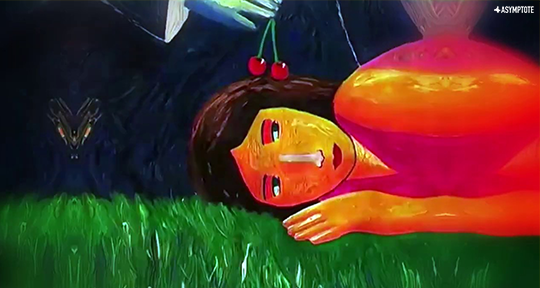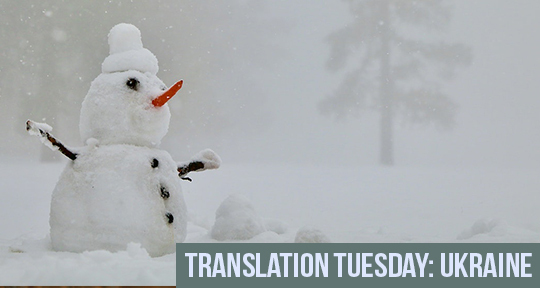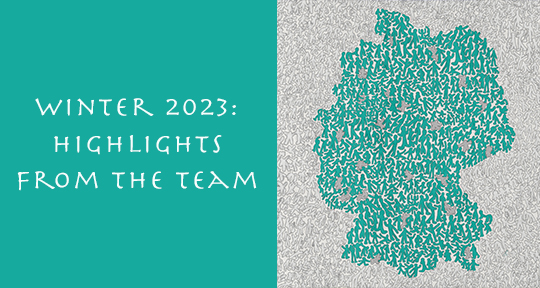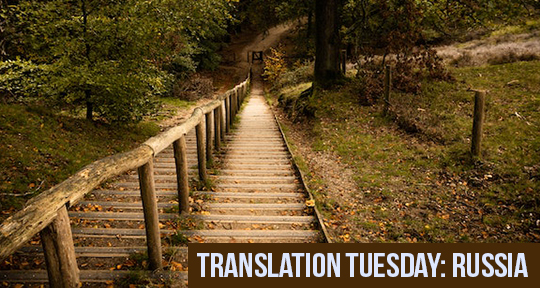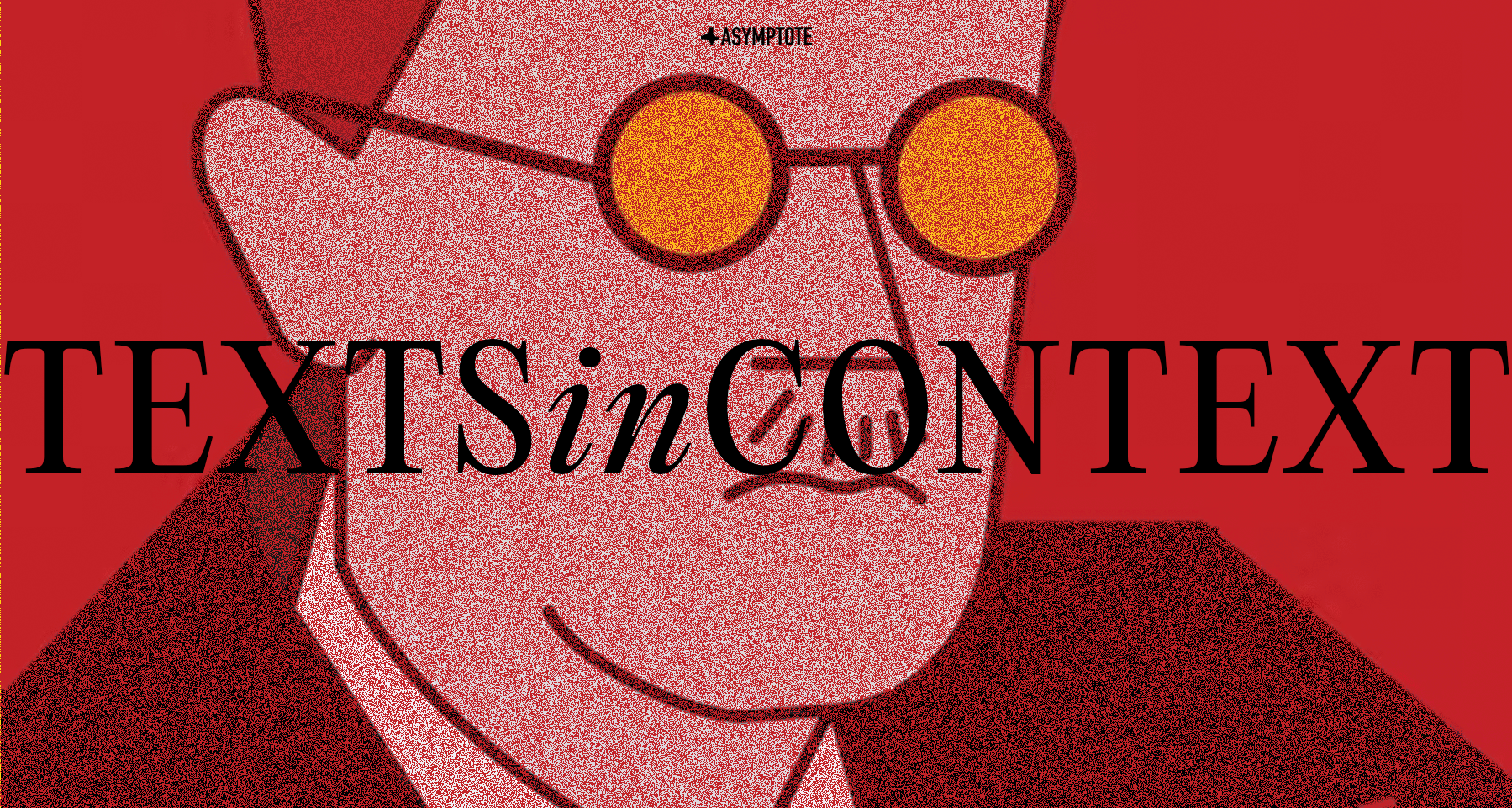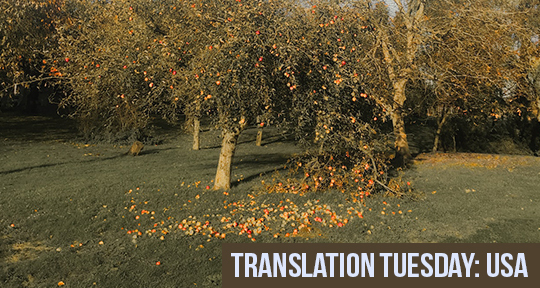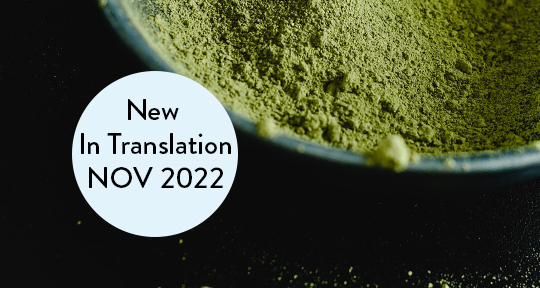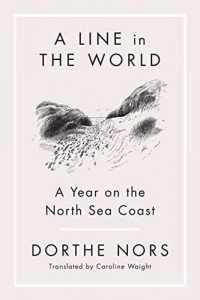When a writer earns a second language, what does it mean to write in the distinct spaces within and between the two? In this essay on Russian writer Olga Zilberbourg, who also goes by Olga Grenets, nonfiction editor Ian Ross Singleton explores the various ways that language can reveal, point to, and emphasize in both originals and translations.
What does another language afford an exophonic writer—one writing in a language other than her native tongue? Olga Zilberbourg, also known as Olga Grenets in her Russian publications, is both translingual and exophonic. The English-language collection, Like Water and Other Stories, was published in 2019 after a trio of Russian books; then, in 2021, many of the stories from Like Water appeared in Russian as Задержи дыхание (Hold Your Breath). The stories of Like Water and its edited, translated successor open up the span of Zilberbourg’s/Grenets’ linguistic experience. The Russian iteration of the tales are not word-for-word translations, and, as with any translation, they present a reflection of the English-language original—no matter how close, even the strictest of translations alters a story. So, while Hold Your Breath may be a closely related work, it nonetheless stands as its own expression of (in this case) Grenets’ work.
Many of the stories in both collections present reflections on an immigrant’s experience. “Plastic Film With a Magnetic Coating” is about mixtapes, and the part they played in childhood romances and gender roles during the Soviet Union and the post-Soviet nineties. It is almost identical in both the English original and Russian translation, but in the English, the last sentence makes a disclaimer: “I’m speaking, of course, of a very different time and place.” What is significant about Zilberbourg’s work is that the two versions of this story span those two different times and places. In the Anglophone literary world, Zilberbourg is allocated under the umbrella of writers born in the Soviet Union, a clear mark of difference; to the audience of Like Water, then, this sentence is clear, intended to describe the exotic content of the story.
However, what might sound foreign to a reader of Like Water may, of course, be more commonplace to a reader of Hold Your Breath. The Russian translation of the story has a completely different ending, omitting this sentence entirely. Such a drastic change make sense; presumably, for the majority of those reading Hold Your Breath, the setting would not be a completely different place, and the narrative time is simply the not-so-distant past. In the English version, Zilberbourg’s narrator belongs to a generation that would recognize the romantic exchange of mixtapes in that time and place, and in the Russian version, the narrator adds a more specific, personal passage to their story, and it’s this reveal that concludes the Russian version of “Plastic Film . . .”
This passage in question specifies the narrator’s sexuality as one not necessarily falling within heterosexual norms: “Разумеется, когда через кассету я получила признание от девочки, я решила, что сообщение предназначено не мне, и ничего не ответила.” (“Of course, when, by cassette, I received a confession from a girl, I decided that the message wasn’t meant for me and didn’t answer.”) In English, the story can be intuited as relating to heterosexual relationships; in the Russian, there is a potential lesbian romance. In this case, the question of what an attained language can offer might be inverted to ask what a return to one’s primary language can afford. READ MORE…


